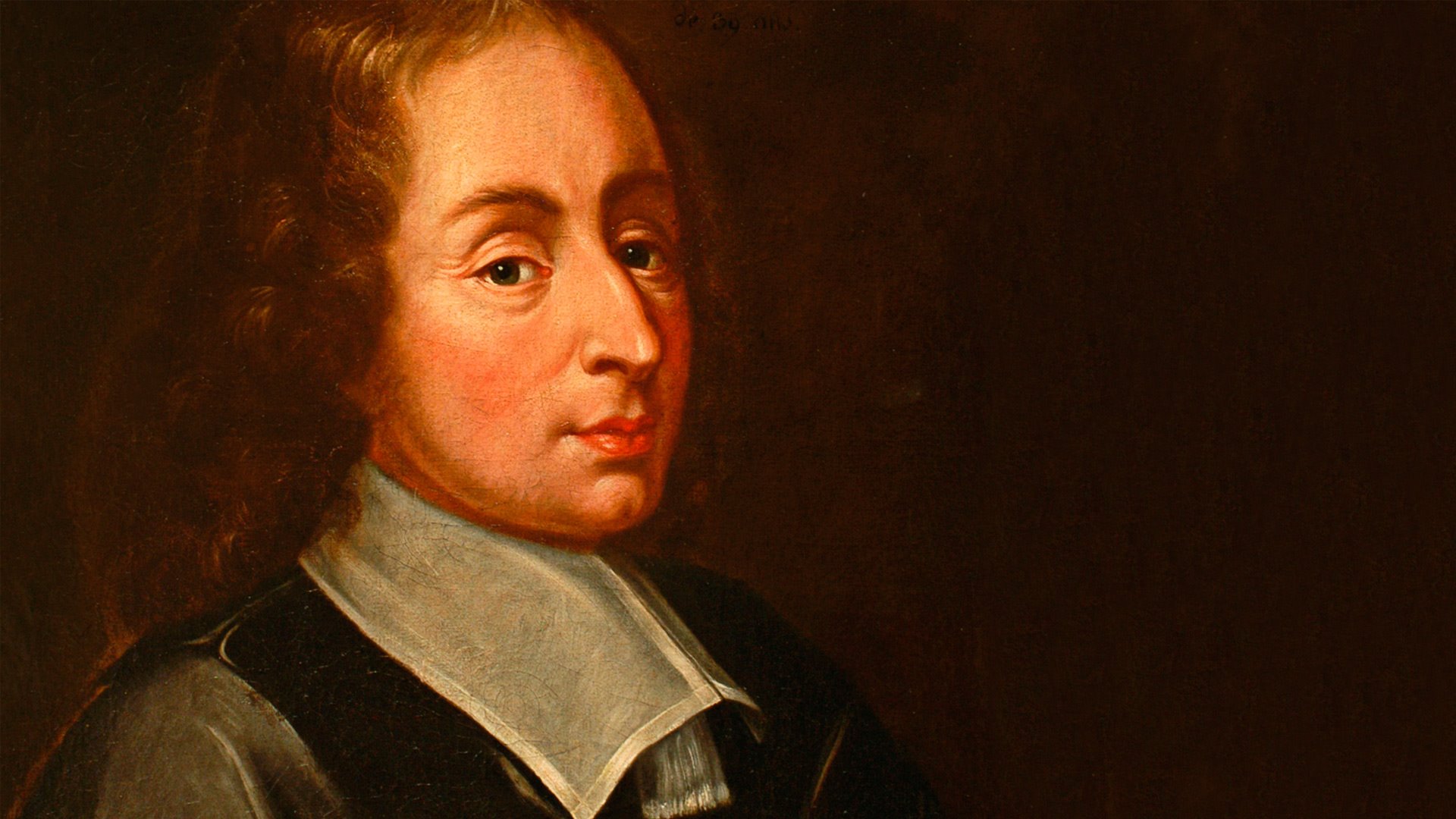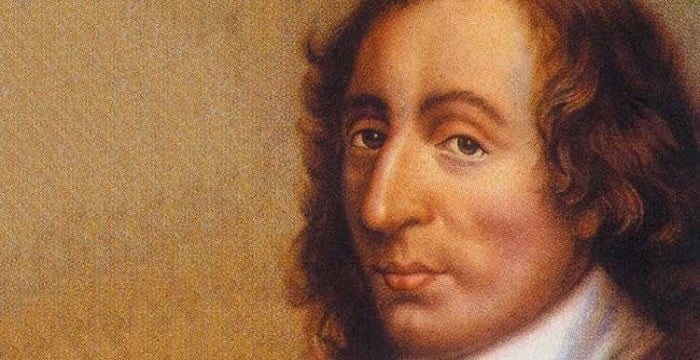Blaise Pascal was a prominent mathematician who was helping create two major new areas of research. When he was 16, he wrote a significant treatise on projective geometry. Later, he connected to Pierre de Fermat for probability theory. His theories strongly influence the development of modern economics and social science.
Pascal’s Family Life
Blaise Pascal, a math prodigy, was born on 19 June 1623. He was a French mathematician, writer, physicist, inventor, and Catholic theologian. His father used to teach who was a tax collector in Rouen. Pascal’s initial work was in the natural and sciences, where his significant contributions to the study of fluids are unforgettable. He also clarified the concepts of Vaccum and pressure by generalizing the work of Evangelista Torricelli. The math prodigy also wrote in defense of the scientific method.

Early Accomplishments
In 1642, he began some brilliant work on calculating machines. After three years of continuous and 50 prototypes, he was able to build 20 finished machines, which was called Pascal’s calculators or Pascalines. Moreover, he made his name as one of the first two inventors of the mechanical calculator. Following Torricelli and Galileo Galilei, he refuted Aristotle’s followers, who insisted that nature abhorred a vacuum in 1647.

In 1646, Pascal and his sister Jacqueline identified Catholicism’s religious movement known by its detractors as Jansenism. Their father died in 1651. Following a spiritual experience in late 1654, he began writing influential philosophical works and theology. His two most famous works are the Lettres provinciales and the Pensees, the former set in the conflict between Jansenists and Jesuits. In that year, he also wrote a critical theory on the arithmetical triangle. From 1658 to 1659, he wrote on the cycloid and how to use it in calculating the volume of solids.
Pascal’s Contribution To Philosophy of mathematics
Blaise Pascal’s significant contribution to mathematics’s philosophy came with his Geometrical spirit. It was initially written as a preface to a textbook of geometry for one of the famous Little Schools of Port-Royal. The work was unpublished for over a century after his death. Here, the child prodigy looked into discovering truths and arguing that the idea of such a method would find all propositions on already established truths. Moreover, at the same time, he claimed that it is impossible because such truths would require other facts to back them up. Based on this, Pascal argued that the geometry procedure was as perfect as possible, with certain principles assumed and other propositions developed from them. His contributions to mathematics theories and studies are unforgettable.

Due to his poor health, he died just two months after his 39th birthday. The Global Child Prodigy remembers the great mathematician Blaise Pascal. If you know any such prodigies near you, we welcome you to register them for GCPA 2021 by clicking here.
Also Read : Five Facts You Should Know About The Musical Prodigy, Wolfgang Amadeus Mozart
Content Writer at GCPA | Three Years of Experience in Content Writing along with SEO skills
Feel free to contact me at Team@139.84.133.140


